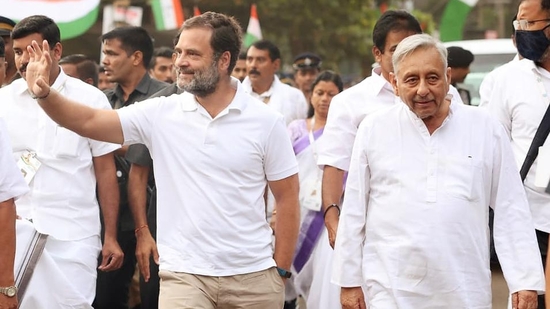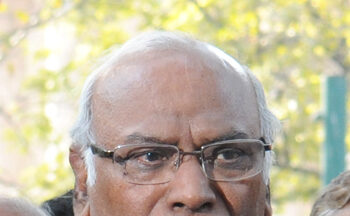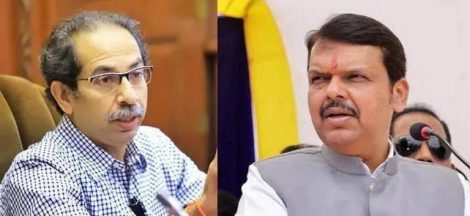Veteran Congress leader Mani Shankar Aiyar has opened up about his long-standing willingness to mentor Rahul Gandhi, despite the latter’s clear reluctance to accept any guidance. Aiyar, in a candid interview, shared that for over two decades, he has offered his wisdom and experience to the young Congress leader, but Rahul Gandhi has consistently declined, citing personal differences.
Aiyar, now 83, has been a prominent figure in Indian politics for decades. Known for his outspoken nature, he is no stranger to controversy. However, his remarks about Rahul Gandhi reveal a deep sense of commitment to the Congress party and its future leadership. Aiyar explained that he had tried multiple times to establish a mentorship relationship with Gandhi, only to be met with resistance. “Rahul dislikes me,” Aiyar said bluntly, shedding light on the strained nature of their interactions over the years.
While Aiyar has expressed frustration with Gandhi’s stance, his intentions appear rooted in a genuine desire to see the Congress party thrive under competent leadership. Despite his belief in the importance of a mentorship dynamic, Aiyar remains firm in his support for the Congress party’s direction, acknowledging that leadership development is essential for the future of the party.
The friction between Aiyar and Gandhi is not a new issue. Over the years, Aiyar has been a vocal critic of various decisions made by the Gandhi family, often commenting on the party’s direction and the role of dynastic politics. His blunt approach to discussing these matters has frequently put him at odds with certain factions within Congress, yet he continues to play a key role in party discussions.
Aiyar’s revelations also point to a deeper issue within the Congress party: the challenge of leadership transitions. For several years, Rahul Gandhi’s leadership has been a point of contention within the party, with many questioning whether he has the political acumen and experience to guide the party through a changing political landscape. Aiyar’s commentary suggests that the generational divide within Congress may be more complex than a simple rejection of advice; it also reflects the tension between established party veterans and the younger leadership that is expected to take the helm.
However, Aiyar has not shied away from offering his perspective on how the party can move forward. Despite the perceived gap between himself and Gandhi, he has repeatedly stressed that Congress needs fresh, dynamic leadership to compete effectively with the Bharatiya Janata Party and other emerging political forces. He has also noted that the Congress party’s long-term survival depends on rejuvenating its grassroots support, as well as refining its strategic vision to appeal to a broader demographic.
The relationship between Aiyar and Gandhi illustrates a significant generational divide within the Congress party. While Aiyar represents the older guard, who have had substantial experience in government and the party’s inner workings, Gandhi represents the newer generation of leadership, which many within Congress see as essential to the party’s future. Aiyar’s frustration stems not just from his personal experiences but from the broader challenges facing the party. The Congress party, once a dominant force in Indian politics, has seen its influence wane in recent years, particularly under Rahul Gandhi’s leadership.
Despite these challenges, Aiyar remains a staunch advocate for Congress’s ideals and principles. His comments reflect a desire to see the party reclaim its position as a formidable political entity in India, one that can offer an alternative to the ruling BJP. He has also expressed his belief that younger leaders, like Rahul Gandhi, must be willing to learn from the past and take advice from those who have a deep understanding of the political landscape.
Aiyar’s relationship with Rahul Gandhi, however, is a reminder of the complexities that come with leadership transitions in established political parties. Political parties like Congress are often grappling with how to balance the old guard’s experience with the new generation’s drive and vision. The divide between Aiyar and Gandhi highlights the ongoing struggle for the future of Congress and its ability to adapt to the changing demands of the Indian electorate.
Although Aiyar’s influence within Congress has diminished in recent years, his status as a senior leader continues to lend weight to his opinions. His comments may also reflect a broader frustration within the Congress party regarding the direction under Rahul Gandhi’s leadership. As the party faces mounting pressure from both within and outside its ranks, the question of whether it can chart a new path under Rahul Gandhi’s leadership remains uncertain.




 Cong blasts ‘Surveillance State’ provisions in tax law
Cong blasts ‘Surveillance State’ provisions in tax law 